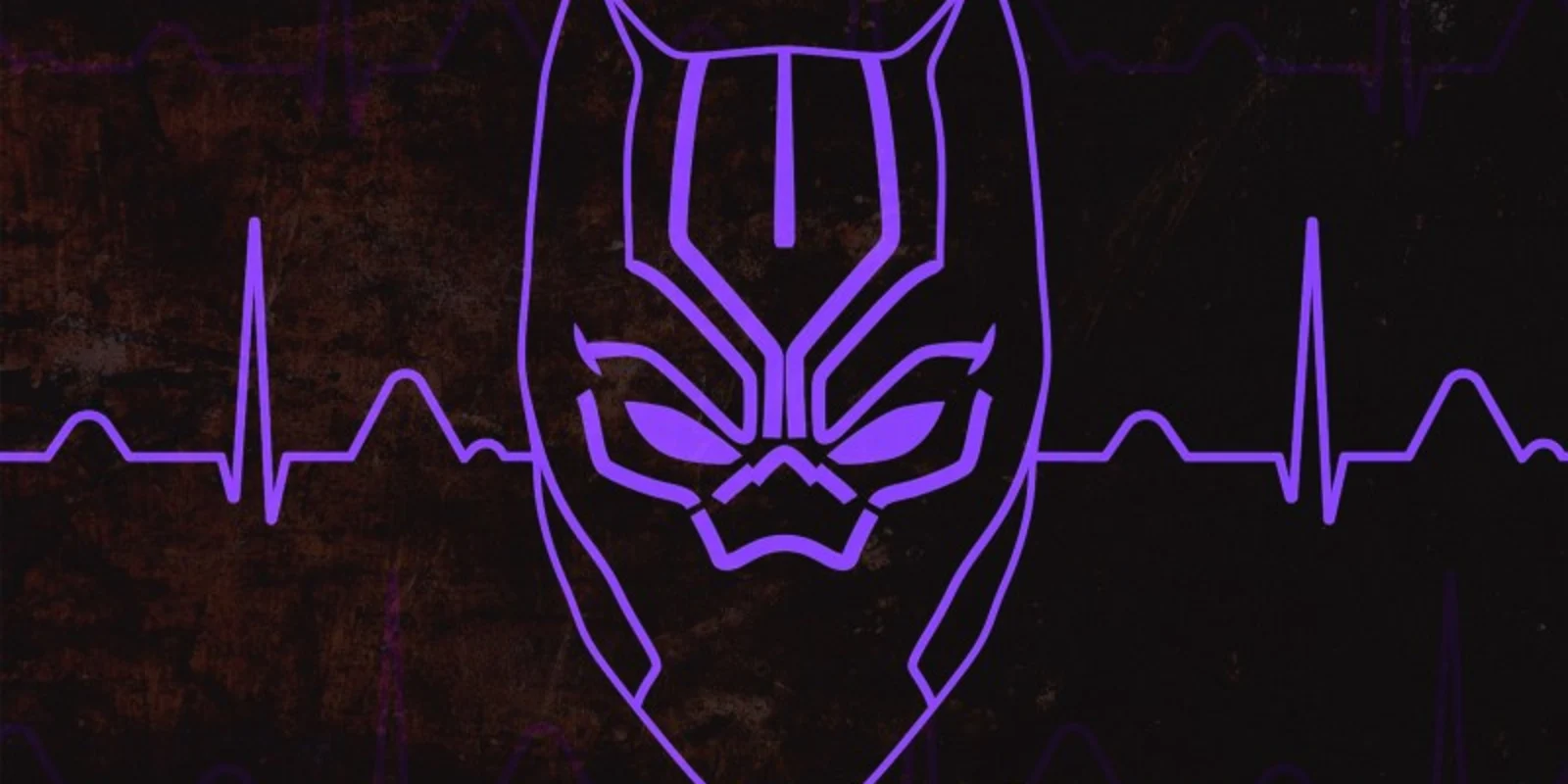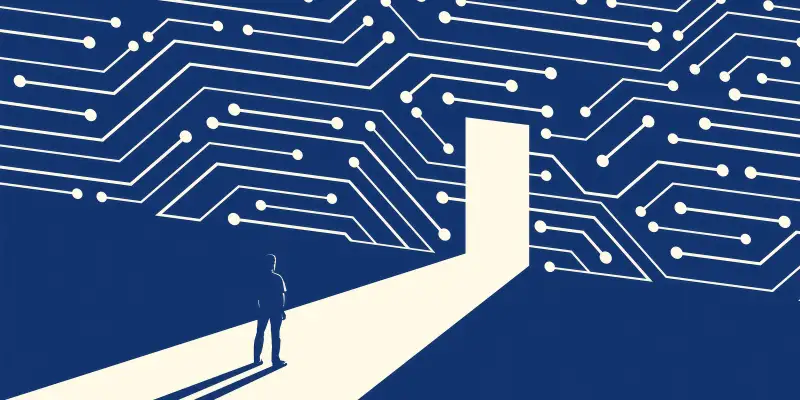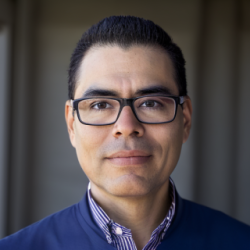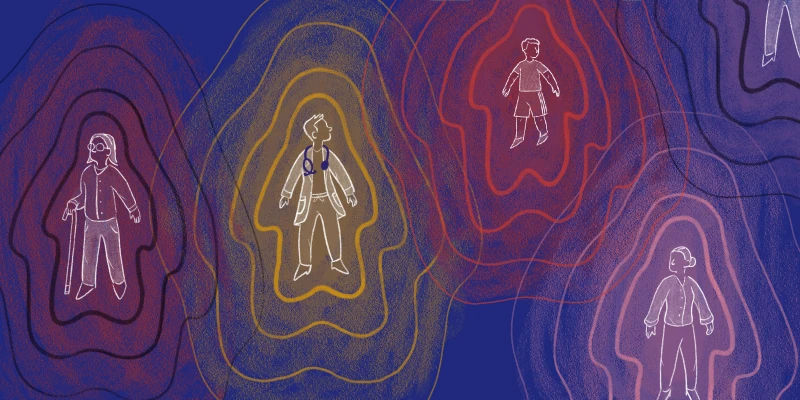
Wakanda Forever! That’s what I have been yelling since the premiere of Marvel’s Black Panther. An amazing film which feels more like an expose of African and African American culture than a superhero movie, it’s splendor leaves little to the imagination. King T’Challa (the Black Panther) hails from Wakanda, a utopian East African land. Filled with sprawling African plains, soaring mountains, and generous waterfalls it is inhabited by beautiful animals and even more beautiful people.

One scene that interested me is when CIA Agent Erik Ross is shot in the spine by supervillan Klaue. Presumed to be a gunshot wound in the thoracic spine, he is taken to Wakanda for treatment. In their scientific lab, he is healed through the power of Vibranium, Wakanda’s magical metal. Infused within the terrains of Wakanda after a vibranium-filled meteor crashed into its lands, the metal provides superhuman abilities when consumed. It is also known to harbor kinetic energy and is a part of Black Panther’s suit (and was also used to make Captain America’s shield). With its healing properties, not only is Mr. Ross’ health completely restored, but he is healed in record time (24 hours).
With the amazing ability vibranium had on the CIA Agent, I am tempted to ask -- what would health care look like in Wakanda? Here is what I think:
- Healthcare would be free
- Recognizing the techno-utopia that is Wakanda, it is hard to believe that there would be difficulty providing free access to healthcare for all. As a place that has prided itself in refusing international aid, I am sure they have the resources to care for all, without costs to residents.
2. There would be no racial/ethnic/gender/sexual orientation bias
- Under the new leadership of King T’Challa, intolerance will not be condoned and individuals will find peace in knowing they will receive quality care no matter how “different” they are.
3. Mental health would be a priority
- Mental health would be recognized as a health issue as serious as diabetes, hypertension, or HIV and would be addressed in both the community and private sectors.
- Safe and effective allopathic treatments and counseling services would be available for both adults and children.
4. Nutritional and physical health would take precedence
- Physical health and exercise would be incorporated into the lifestyles of citizens with healthy dietary options available for all.
5. Eastern and Western approaches to medicine would be appreciated and celebrated
- The intertwining of naturopathy and allopathic medicine will allow for a greater range of ways to deal with sickness and illness (take for instance the use of the Heart Shaped Herb to heal King T’Challa).
6. All drugs would be effective with no side or adverse effects
- Medication would treat illness without concern for negative consequences.
7. Technology and Human Intelligence would work together
- Gone are the days of frustration over EMR systems, computer down times, and the “hinderance” of technology in the practice of medicine. Technology would allow for a streamlining in the diagnosis, treatment, and prevention of disease.
- There will be easy access to necessary medical equipment (MRI, CT, etc) and laboratory facilities.
8. The healthworker-patient relationship would improve
- Built on respect and patience, patients would feel they were being heard and understood by clinicians at all times.
- Clinicians would take into account the opinions, concerns, and fears of patients and family members when making medical decisions.
9. Health care worker burnout would no longer exist
- With its emphasis on mental health and the vast cohesiveness of the health system, workers would no longer be stressed by long hours, lack of support from administration, and emotional and physical stress.
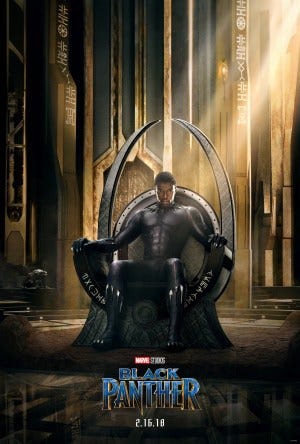
What do you think would help create a perfect health care system?
Dr. Akua Ampadu is a hospitalist physician passionate about quality inpatient and outpatient adult care. As a survivor of work and life related burnout, she aims to provide tools necessary to live a life focused on self-care and self-advocacy. She is also recognizes the importance of reading to one’s health and created Healing Words Foundation in 2016, a literacy-based charity focused on providing books to pediatric wards and outpatient clinics. She is active on social media.
